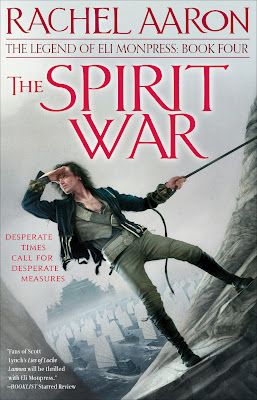Summer 2012 issue of Subterranean Magazine now Available
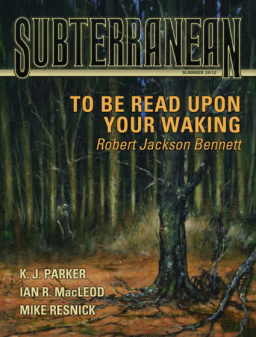 Subterranean magazine is one of the best sources of online fantasy, and also one of the most reliable. They’ve published a total of 23 issues; the first seven were print, and it became an online publication in Winter 2007. It used to be presented in a rolling format, with new fiction and articles available every week, but with the latest issue they’ve switched to posting the complete contents all at once.
Subterranean magazine is one of the best sources of online fantasy, and also one of the most reliable. They’ve published a total of 23 issues; the first seven were print, and it became an online publication in Winter 2007. It used to be presented in a rolling format, with new fiction and articles available every week, but with the latest issue they’ve switched to posting the complete contents all at once.
Which means you can now enjoy brand new novellas by K J Parker and Robert Jackson Bennett, and original short stories by Ian R MacLeod and Mike Resnick, as well as a Notes from the Otherworld Column by Kelley Armstrong. Here’s the complete table of contents:
- “Let Maps to Others,” by K. J. Parker
- “Tumbling Nancy,” by Ian R MacLeod
- “To Be Read Upon Your Waking,” by Robert Jackson Bennett
- “The Puce Whale: A Lucifer Jones Story,” by Mike Resnick
- Column: Notes from the Otherworld by Kelley Armstrong: “The Sky is (Probably) Not Falling”
In her mid-July fiction review column at Locus Online, Lois Tilton had high praise for the first story:
The K J Parker in particular quite restores my enthusiasm for stories… A brilliant and intriguing work, full of hidden documents, maps, codes, and forgery, as well as adventure, voyages mercantile and military, rivalry, politics, and war. There’s a high degree of historical verisimilitude, based on meticulous attention to realistic detail.
– HIGHLY RECOMMENDED
Subterranean is edited by William Schafer, and published quarterly. The Summer 2012 issue is completely free and available here.
We last covered Subterranean magazine with their previous issue, Spring 2012.
 I’m a writer, not a psychotherapist. As an adventure writer, though, I spend an awful lot of time thinking about heroism and villainy. I think that we forget too easily that real heroes exist as well as real villains. We remember the underwear bomber, but how many of us recall the name of the Dutch man who leapt from several rows back to take him down? In the aftermath of the attack on Congresswoman Giffords, we heard courageous tales of people throwing themselves in front of their friends and loved ones to protect them. Many of them died when they did so. As the events unfold after this most recent tragedy, we are certain to learn of people in the cinema who risked or even sacrificed their lives for their friends and loved ones. We know already that policemen risked their lives to advance into who knew what to find and stop the man (or men – they didn’t know) who had committed this horrible crime.
I’m a writer, not a psychotherapist. As an adventure writer, though, I spend an awful lot of time thinking about heroism and villainy. I think that we forget too easily that real heroes exist as well as real villains. We remember the underwear bomber, but how many of us recall the name of the Dutch man who leapt from several rows back to take him down? In the aftermath of the attack on Congresswoman Giffords, we heard courageous tales of people throwing themselves in front of their friends and loved ones to protect them. Many of them died when they did so. As the events unfold after this most recent tragedy, we are certain to learn of people in the cinema who risked or even sacrificed their lives for their friends and loved ones. We know already that policemen risked their lives to advance into who knew what to find and stop the man (or men – they didn’t know) who had committed this horrible crime.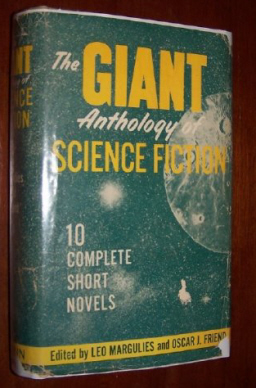
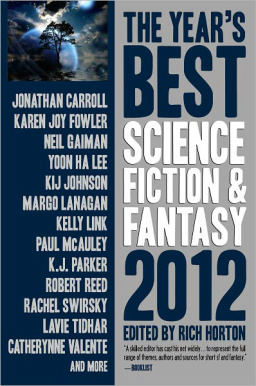
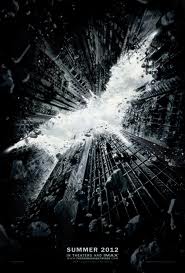
 Almost exactly a year ago,
Almost exactly a year ago, 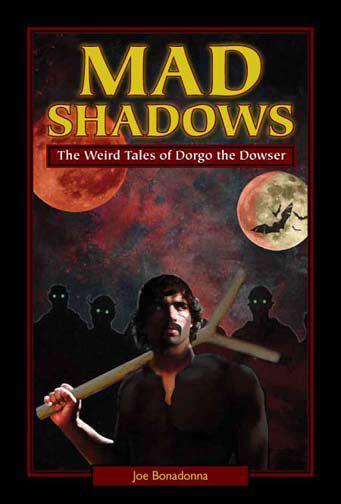
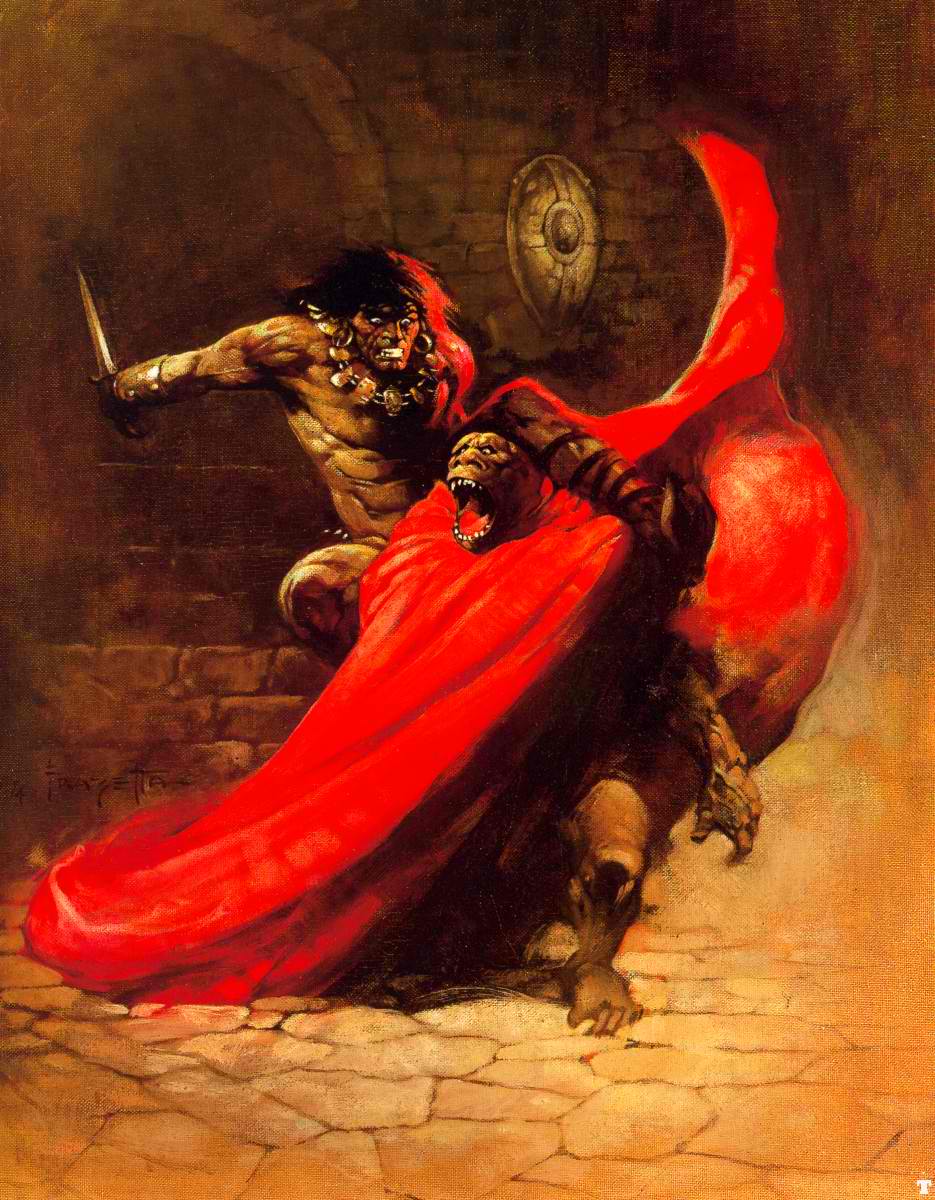
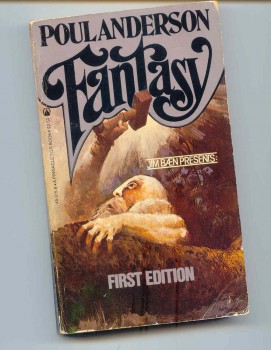 I’ve always enjoyed fantasy fiction in the short form. In an age when a typical series stretches seven-plus doorstopper-sized volumes without the guarantee of an actual ending, it’s refreshing to take a quick dip into the pool of the fantastic rather than committing to a read akin to a trans-Atlantic journey in the age of sail.
I’ve always enjoyed fantasy fiction in the short form. In an age when a typical series stretches seven-plus doorstopper-sized volumes without the guarantee of an actual ending, it’s refreshing to take a quick dip into the pool of the fantastic rather than committing to a read akin to a trans-Atlantic journey in the age of sail.